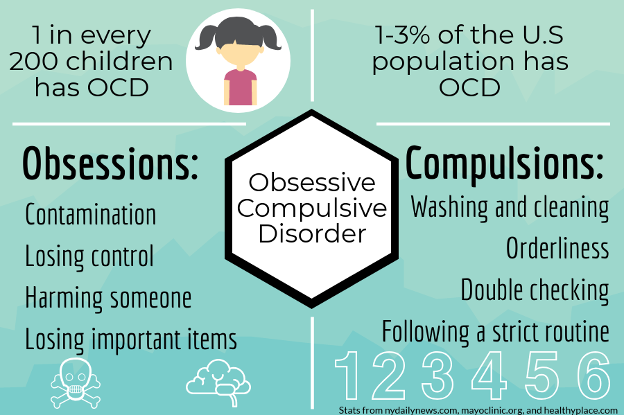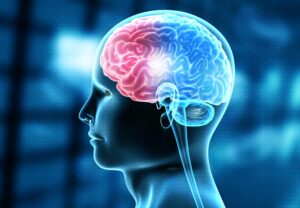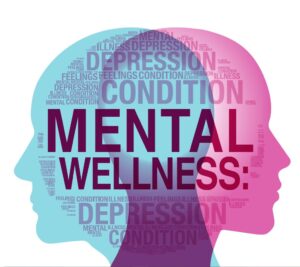
OCD; Behaviors & Factors
What determines whether a behavior is normal or abnormal?
Let’s start here.
“Normality” is a consistent behavior with a person’s usual behavior. It is conformity to societal standards as well as thinking and behaving similarly to the majority, which is generally seen as good in this context.
It involves adjusting to the surroundings, managing, or controlling emotions, working satisfactorily, and building fulfilling or at least acceptable relationships.
In abnormal psychology, “abnormality” is defined as behavior that is deviant from societal norms, distressing to the individual or close relations, dysfunctional to everyday living, or dangerous to self or others.
So, normality usually allows for a healthy state of mind for an acceptably lengthy period. On the other hand, a disorganized personality, unstable emotions, and prolonged mental or emotional distress are considered abnormal.
Today, knowing this standard is much easier to identify some behaviors and actions that may indicate the emergence, or the hint, of a possible disorder.
What is Obsessive-Compulsive Disorder (OCD)?
Picture this example borrowed from the White Swan Foundation’s website:
You’ve had a long day, and you decide to retire for the night when suddenly you realize that you may have left the front door unlocked. You become anxious and choose to check if it is locked. Once you’ve ensured that it’s locked, you relax and return to bed.
This type of anxiety is good for you as it ensures you are alert about your environment.
Sometimes, however, these thoughts can be recurring and intrusive. For example, you may decide to go and check the door to ensure it is locked, but when you return to bed, you start worrying about it again. Finally, you recheck the door and return to bed, but your worry still remains.
These recurring thoughts, which make you anxious all the time, and affect your daily life in the process, are known as obsessions.
People with OCD also experience severe anxiety and distress. So, to relieve this anxiety, they perform repetitive acts known as compulsions.
Although they may seem similar, they are not the same, and some people may have both: compulsions and obsessions.

Stats from nydailynews.com / mayoclinic.org. / healthyplace.com Rotaract Club of DTU Regency, Animesh Upreti.
OCD’s Most common Treatments.
OCD is a common disorder that affects adults, adolescents, and children all over the world. Most people are diagnosed by age 19, typically with earlier onset in boys than in girls, but onset after age 35 does happen.
OCD is typically treated with medication, psychotherapy, or a combination of the two. Although most patients with OCD respond to treatment, some continue to experience symptoms.
But now, technology has come a long way over the years, and there are more options to consider for a more effective and functional treatment for each patient.
Neurocare Centers of America Neurofeedback Therapy.
We are Neurocare Centers of America.
A Global network of centers dedicated to helping patients who are suffering from neuropsychiatric illnesses that have not been helped by traditional medication management.
We specialize in Transcranial Magnetic Stimulation (TMS) Therapy for depression treatment and Neurofeedback for treating ADHD, OCD, and sleep disorders like insomnia.
Neurofeedback Therapy is a non-invasive treatment that encourages the brain to develop healthier activity patterns. The goal of treatment is not only to change how you think and feel but also to change your brain on a biological level for better functioning.
Recent research has shown that given the proper support to the brain, it can change and adapt, a property known as neuroplasticity. Neurofeedback can encourage and speed up this process of neuroplasticity.
We specialize in Neurofeedback for safe and effective treatment.
An OCD diagnosis can be challenging to manage. It’s a complex disorder that can affect many aspects of an individual’s daily life and behavior.
SOURCES
Neurocare Centers of America, Difference Between Normality and Abnormality Psychology|Difference Between , White Swan Fundation.org, National Institute of Mental Health.com, Suruchi Chandra M.D. Integrative Psychiatry & Medicine
Latest Article


Can Stress Cause Depression?

Why are Some People on Antidepressants Still Depressed?

What does TMS do to Your Brain?

How to Support a Family Member with Depression?

